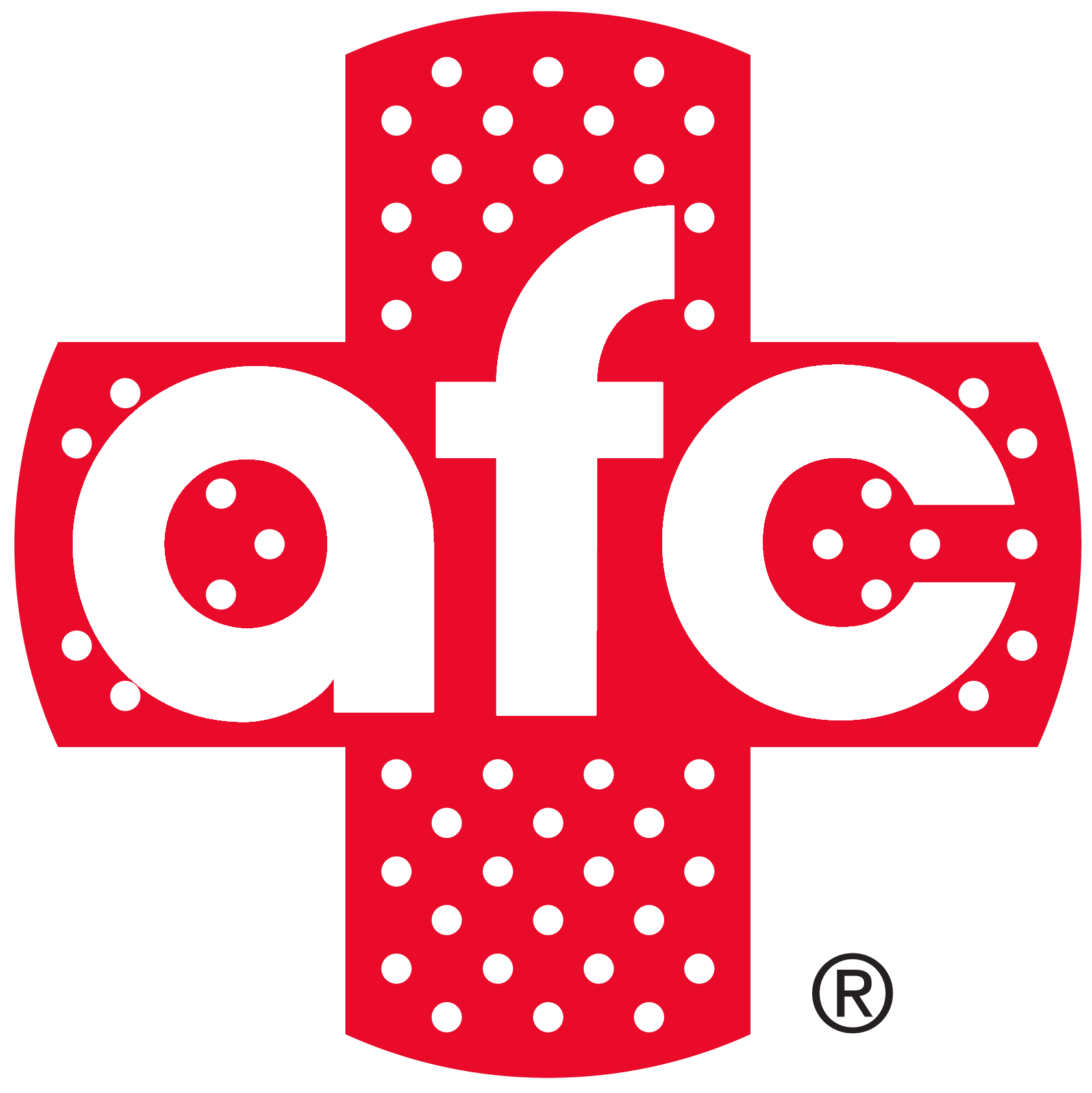AFC Wichita
Incision and Drainage of Abscess
CALL US TODAY | (316) 440-2712
Find The Location Nearest Covid-19 Testing
We think you’re located in zip code 67226. Not Right?
Abscess Incision & Drainage in Wichita | AFC Urgent Care
When you need incision and drainage (I&D), AFC Urgent Care is here to help. Whether it’s a wound, abscess, boil or cyst, our medical team provides high-quality care with our I&D procedure. We’re open 7 days a week, with no appointment necessary.
Contact us today for more information.What’s the difference between a cyst and an abscess?
Cysts and abscesses are both common skin conditions that, while similar in appearance, have different causes and characteristics.
- Cysts are abnormal cells that form a sac or cavity that can be found anywhere inside your body or on the surface of your skin. This sac can be filled with fluid or pus and may feel like a hard lump. Cysts may be found anywhere and can go unnoticed until they are large or cause pain.
- An abscess is a pus-filled sac that forms when the body tries to fight off an infection. The infection can be caused by bacteria, fungi, or parasites. The most common type of abscess is a skin abscess, which is a pus-filled sac that forms under the skin. Most incision and drainage procedures are best for an abscess or a painful cyst. If you find a cyst on your body, you may not need to remove it unless it gets larger or more painful.
Signs of an Abscess
The primary sign of an abscess is a painful, compressible section of skin that can resemble either a large pimple or an open sore. The skin surrounding the abscess may appear red and feel both tender and warm to the touch. In some cases, you may also see pus draining from the wound.
Additional symptoms may include:
- Swelling around the wound
- Hard outer layer of skin
- Fever and chills (In severe cases)
Causes of a Skin Abscess
When your sweat or oil glands get blocked and bacteria gets trapped under your skin, an abscess (a painful infection) can happen. People usually visit urgent care when the infection and inflammation become too much to handle. This can occur when you get a cut or nick in your skin, as it’s vulnerable to bacterial infection that can cause an abscess.
The following might put you at greater risk for developing an abscess:
- Diabetes
- Severe Eczema or Acne
- Smoking
- Close exposure to anyone with Staphylococcus (staph) infection
- Weak immune system
Do I need incision and drainage?
Incision and drainage of abscesses and cysts is a procedure used to relieve pressure and pain caused by the build-up of fluid. The goal of the procedure is to allow the fluid to drain out, which will help reduce the size of the cyst or abscess. I&D can also help to prevent the spread of infection. Without I&D, your abscess isn’t likely to fully heal and eliminate bacteria on its own.
Antibiotics serve to kill bacteria in the immediate area surrounding the abscess, but they are not effective in eradicating the pocket of bacteria that has formed within the abscess cavity.
If left untreated, the wound can lead to a bloodstream infection known as sepsis or a debridement procedure to remove the abscess and any dead tissue surrounding it.
What to expect during an incision and drainage procedure
While all abscesses and wounds aren’t the same, the general procedure is simple and consistent. During the I&D procedure, your AFC provider will numb the area around the abscess with a local anesthetic. Once the area is numb, the provider will make a small incision in the abscess. The incision will allow the pus to drain from the abscess. The provider may also place a drain in the abscess to help keep it from reaccumulating. Some wounds may require additional incisions, depending on its depth and size. After the procedure, your provider will clean up the area and apply a bandage.
Incision and Drainage Recovery
Your provider will give you specific instructions on how to take care of your wound when you go home from your procedure. This will include keeping the area clean and dry, as well as taking any antibiotics prescribed to prevent any further infection. Depending on the size of the abscess, it could take one or two weeks for the wound to heal. During this time, new skin will grow over the bottom and around the sides of the abscess.
While side effects from an I&D procedure are extremely uncommon, contact AFC Urgent Care or a medical professional if you experience the following after the operation:
- Bleeding
- Increased pain
- Redness & Swelling
- Fever
 How Can We Help?
How Can We Help?
- PATIENT SERVICES
- COVID-19 SERVICES
- TELECARE
- EMPLOYER RESOURCES
- PATIENT RESOURCES
- ABOUT US
Get In Touch
Fill out your information and we'll contact you shortly.
CALL US | (316) 440-2712
Don't wait to get the medical attention you need.
CALL US TODAY | (316) 440-2712


